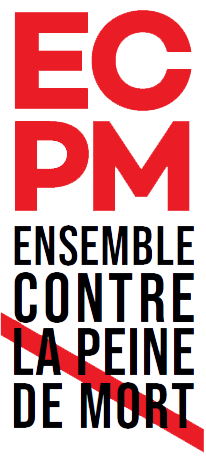19
CHRISTIAN RANUCCI
FRANCE
© Maxppp
1954 – 1976
Guillotiné le 28 juillet 1976 pour l’enlèvement et le meurtre, d’une enfant de huit ans
RESSOURCES :
-
Le procès Ranucci, témoignage d’un juré d’assises
-
Le pull-over rouge
-
Christian Ranucci, condamné et guillotiné
-
Maître Paul Lombard au procès Ranucci
-
Quiz : Opinion publique et peine de mort
« Je ne suis pas un militant. Je suis un homme. Et en tant que tel, je hais la peine de mort. Je ne serai jamais aux côtés de ceux qui la réclament, de ceux qui la donnent, jamais je ne serai aux côtés du guillotineur. »
Extrait de la plaidoirie prononcée par Paul Lombard, avocat de Christian Ranucci, devant la Cour d’assises des Bouches-du-Rhône le 10 mars 1976
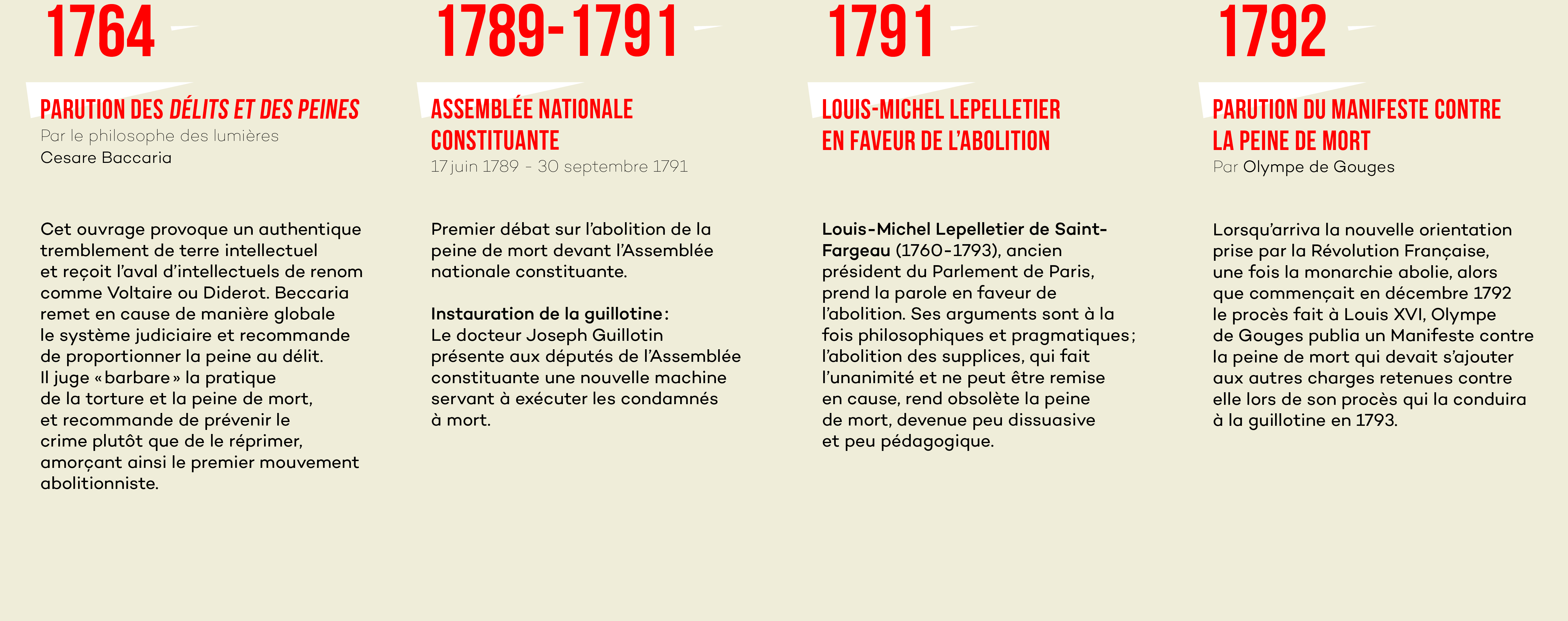
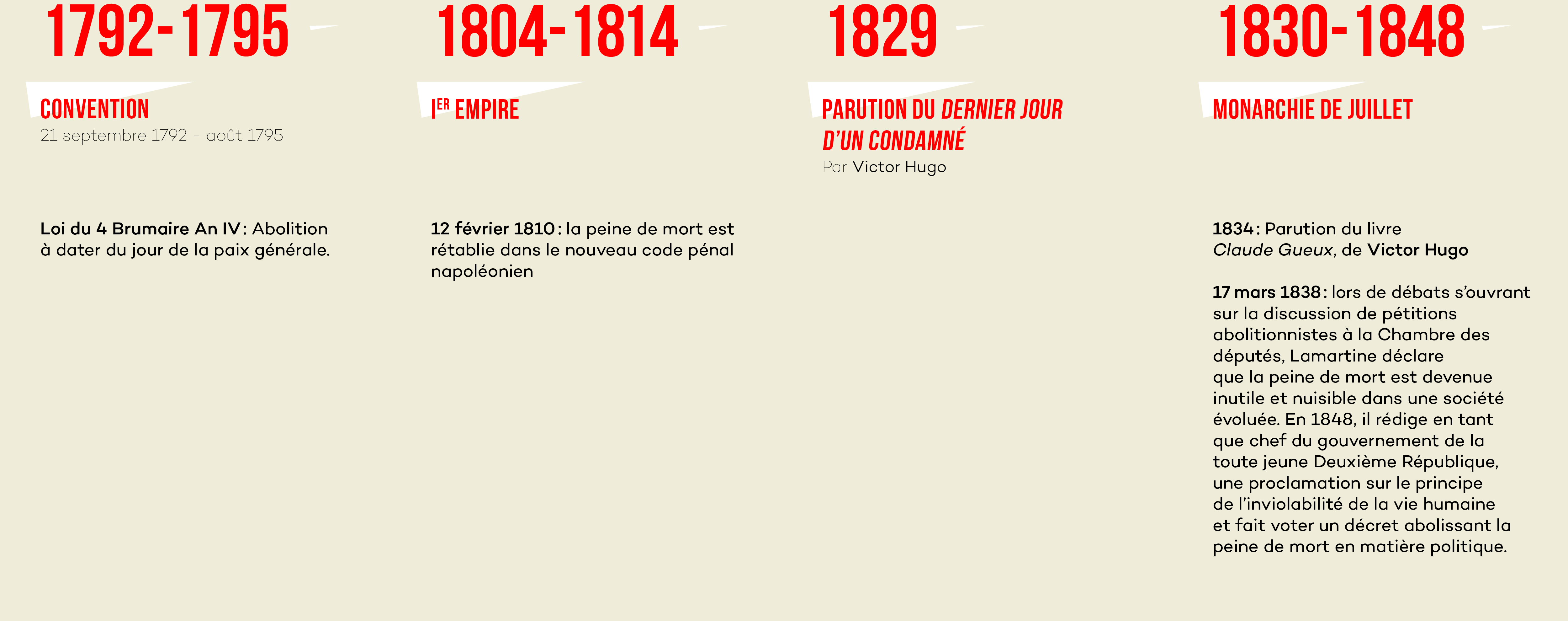
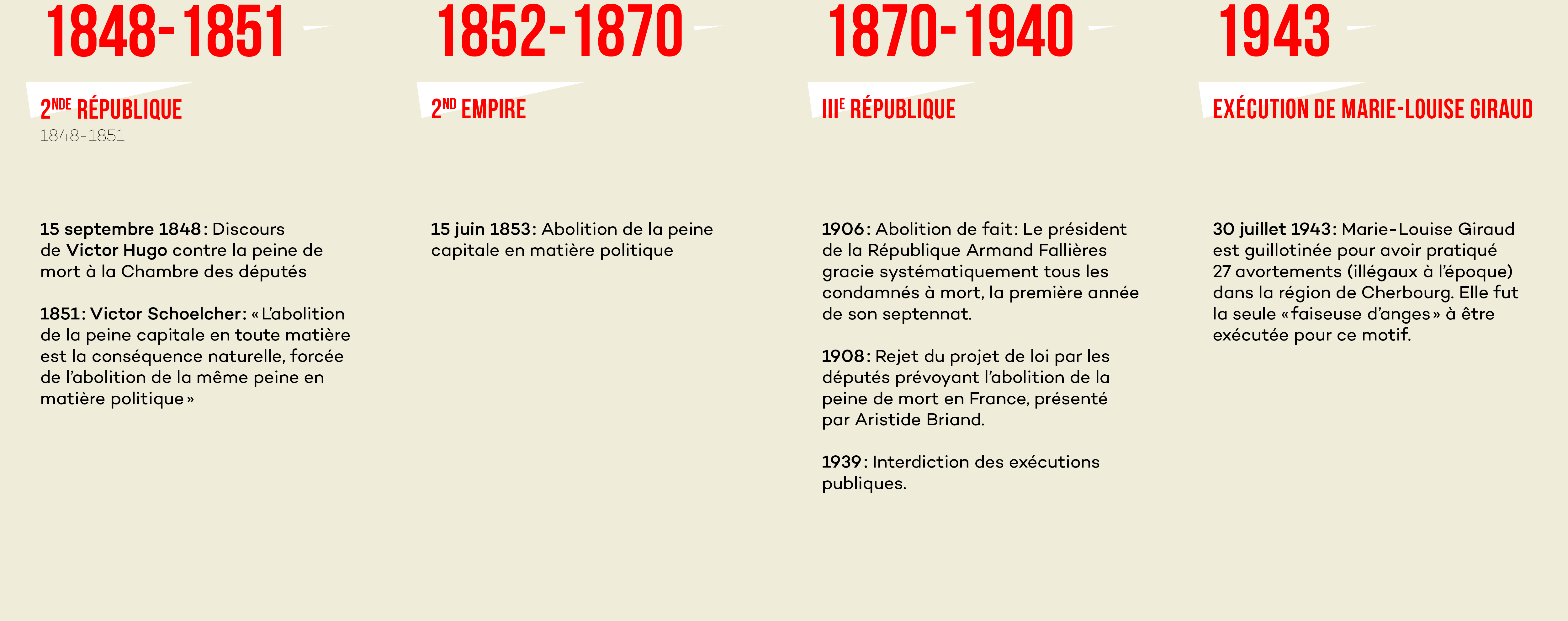
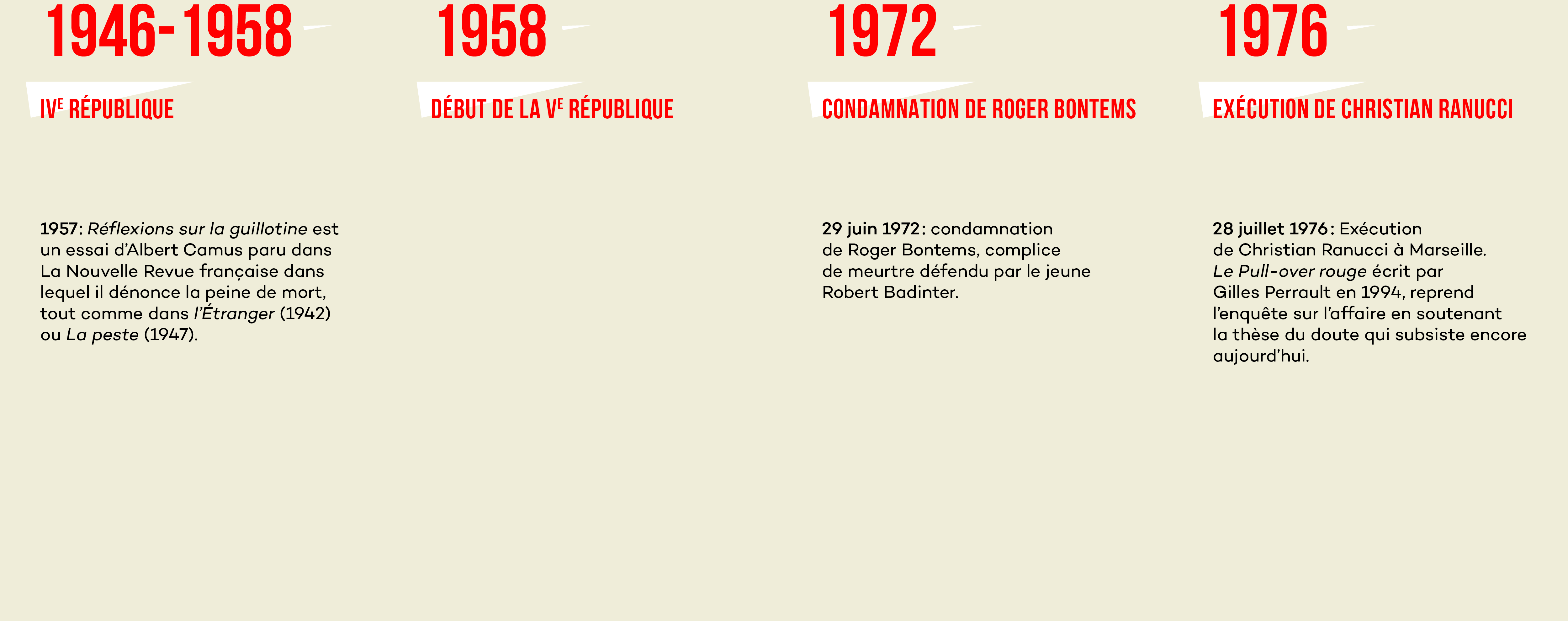
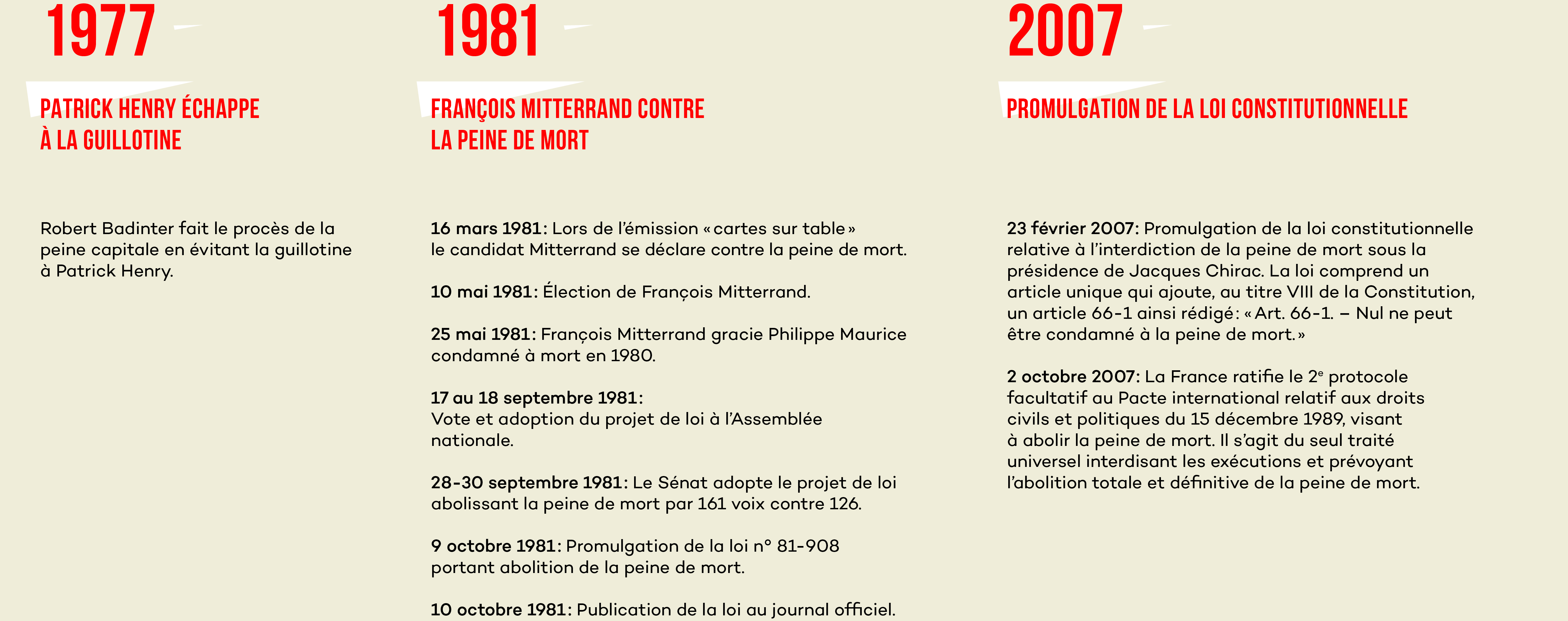
Précédent
Suivant
Bien que personne ne puisse à cet instant le savoir, la guillotine est utilisée pour la dernière fois en France le 10 septembre 1977 à la prison des Baumettes à Marseille, sur la personne d’un homme de 28 ans, Hamida Djandoubi, coupable d’assassinat. Auparavant, ce sont Christian Ranucci, dans la même cité phocéenne le 28 juillet 1976 et Jérôme Carrein, à Douai le 23 juillet 1977, qui subissent le supplice du couperet. Il s’agit des trois derniers exécutés en France, non graciés par le Président Valéry Giscard d’Estaing qui déclare vouloir laisser la justice suivre son cours. Christian Ranucci, 22 ans, est guillotiné alors qu’une controverse – qui n’est toujours pas éclaircie – pèse sur la culpabilité du jeune homme. Et si Valéry Giscard d’Estaing a refusé la grâce, deux jours après l’exécution Jean Lecanuet, alors Garde des Sceaux, déclare : « Personnellement, j’espère que cet acte sera exemplaire et que ceux qui croyaient pouvoir commettre des crimes si odieux et pouvoir échapper au plus grand des châtiments mesureront maintenant le risque qu’ils encourent[1]. »
Le choix de la peine capitale est toujours majoritaire pour l’opinion publique. Un sondage Figaro-Sofres du 23 juin 1978 donne 58% des Français favorables à la peine de mort. Pourtant, le front abolitionniste prend de l’ampleur. C’est pourquoi les noms de certains des derniers condamnés sont restés dans l’Histoire, qu’il s’agisse de Buffet et Bontems ou de Christian Ranucci. Ces exceptions, ainsi que l’ultra-médiatisation des affaires les concernant, en ont fait autant de martyres de la cause abolitionniste. Christian Ranucci a été inculpé pour l’enlèvement et le meurtre de la petite Maria-Dolorès Rambla. En 1978, Gilles Perrault sort Le Pull-over rouge, posant la question de l’innocence de Ranucci, ou tout au moins celle d’une instruction et d’un procès bâclés qui ont amené un jeune homme de 22 ans à être décapité. De nombreuses associations sont créées, des artistes s’engagent pour l’abolition, médiatisant leur prise de position. Notons que les demandes de révision de procès – les zones d’ombres les justifiant au regard du comité de soutien qui s’est créé en 1979 pour la réhabilitation de Ranucci – ont toutes été rejetées jusqu’à ce jour.
Malgré tout, le 27 février 1979 voit une nouvelle marche vers l’abolition. La cour d’assises de la Côte-d’Or condamne Jean Portais à la réclusion criminelle à perpétuité. C’est une première, car en refusant de suivre les réquisitions du Ministère public, les jurés ont fait en sorte qu’il n’y ait plus un seul condamné à mort dans les prisons françaises. C’est l’unique fois avant la loi que cette situation se présente. Ainsi, après avoir eu du mal à appliquer la sanction suprême depuis le début des années 1970, on en vient à avoir des difficultés morales à la prononcer à la lisière des années 1980. Ce n’est pas systématique non plus. Le 11 mai 1981, ce sont huit condamnés à mort qui attendent dans les prisons françaises, dont Philippe Maurice. Il a été condamné pour le meurtre de deux policiers, le 28 octobre 1980. La condamnation à mort de Philippe Maurice est la première en dix-sept années, par une cour d’assises parisienne. C’est une rupture. Paris ne peut plus, dès lors, se targuer d’être cette cité en avance, jugeant arriérée une province apte à exécuter. Paris rentre à nouveau dans la France de la peine de mort.
Néanmoins, de 1977 à 1981, la cause abolitionniste sort du cercle des parlementaires et intellectuels de gauche. En 1977, le Syndicat de la magistrature se prononce en faveur de l’abolition, soutenu par la Fédération autonome des syndicats de police. En octobre, Amnesty International – prônant l’abolition universelle – se voit attribuer le Prix Nobel de la paix. Forte de cette reconnaissance, la branche française de l’ONG organise des débats informatifs regroupant des personnalités abolitionnistes. De façon identique, en janvier 1978 la Commission sociale de l’épiscopat français se prononce clairement pour la suppression du châtiment suprême. Le Cardinal Marty déclare : « Si un homme cesse de se comporter comme un homme, la collectivité doit avoir le réflexe de ne pas le suivre ». C’est un soutien appréciable pour les abolitionnistes, la prise de position de l’Église catholique auréolant cette lutte d’une grande autorité morale.
Le contexte d’émulsion abolitionniste devient général.
Marie Bardiaux-Vaïente
[1] Institut National de l’Audiovisuel (INA) : Interview de Jean Lecanuet, Garde des Sceaux, sur la peine de mort et l’exécution de Ranucci. Émission, journal télévisé de 20h, journaliste Dominique Laury.
- livre
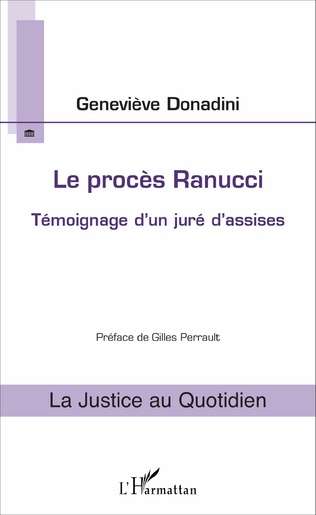
Le procès Ranucci, témoignage d’un juré d’assises
Auteurs : Geneviève Donadini
Préface : Gilles Perrault
Pays : France
Genre : récit
Éditeur : L’harmattan
Date de parution : 18/11/2016
Le 3 juin 1974, un lundi de Pentecôte, en Provence, une petite fille de 8 ans, Marie-Dolorès, est enlevée par un homme en voiture. Le lendemain, la presse annonce l’enlèvement. Le 5 juin 1974, en début d’après-midi, les gendarmes découvrent le corps de Marie-Dolorès ; Christian Ranucci, un représentant de commerce de 20 ans, est interpellé et accusé. Début 1976, le procès a lieu au tribunal d’Aix-en-Provence. Il sera condamné à mort. Sa grâce sera refusée. Il sera guillotiné le 28 juillet 1976. Jeune mère de famille de 35 ans, Geneviève Donadini a fait partie du jury d’assises. Elle a vécu dans le silence que lui imposait la loi pendant plusieurs décennies. Quarante ans après, elle raconte dans cet ouvrage cette terrible expérience à laquelle elle a participé, bien malgré elle, et qui a marqué sa vie.
- film
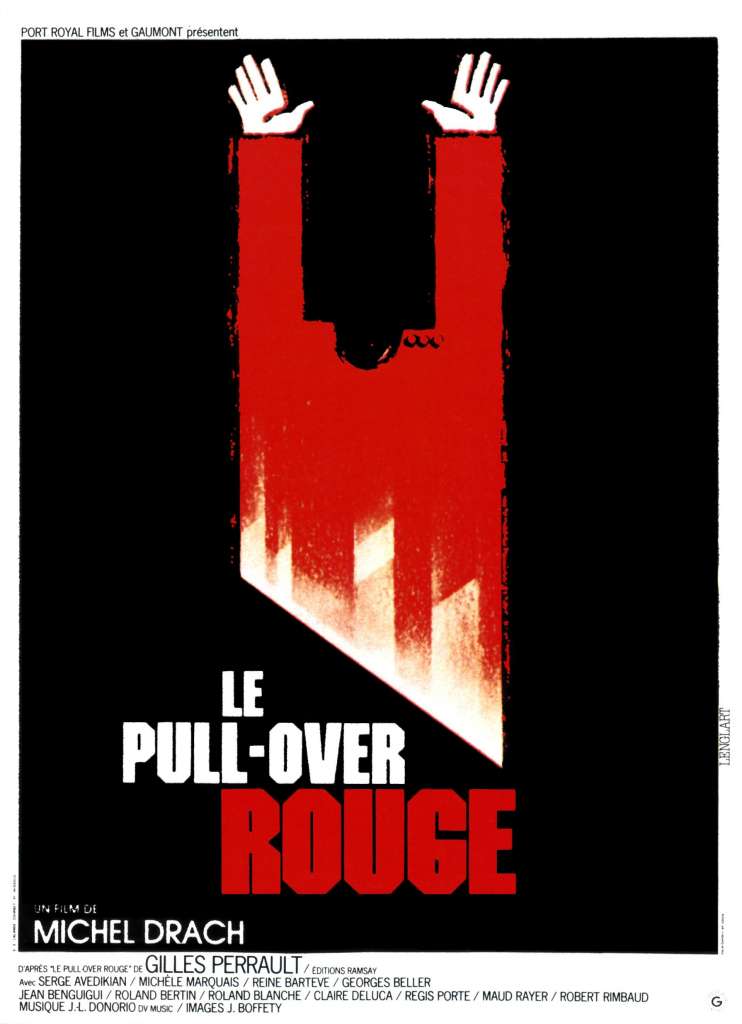
Le pull-over rouge
Réalisé par Michel Drach (d’après le roman de Gilles Perrault)
Acteurs principaux : Serge Avédikian, Michelle Marquais
Sociétés de production : Gaumont
Pays d’origine : France
Genre : Drame
Durée : 120 minutes
Sortie : 1979
Une version cinématographique du best-seller de l’auteur Gilles Perrault sur le procès et l’exécution de Christian Ranucci en 1976, le jeune qui a été condamné avec des preuves extrêmement peu concluantes du meurtre d’une fillette de huit ans dans le sud de la France. La publicité du livre et du film a contribué à abolir la peine capitale en France en 1981.
- podcast
CHRISTIAN RANUCCI, CONDAMNÉ ET GUILLOTINÉ – FRANCE INTER
[Série grandes plaidoiries] Maître Paul Lombard au procès Ranucci – rfi
- Quiz
Opinion publique et peine de mort
